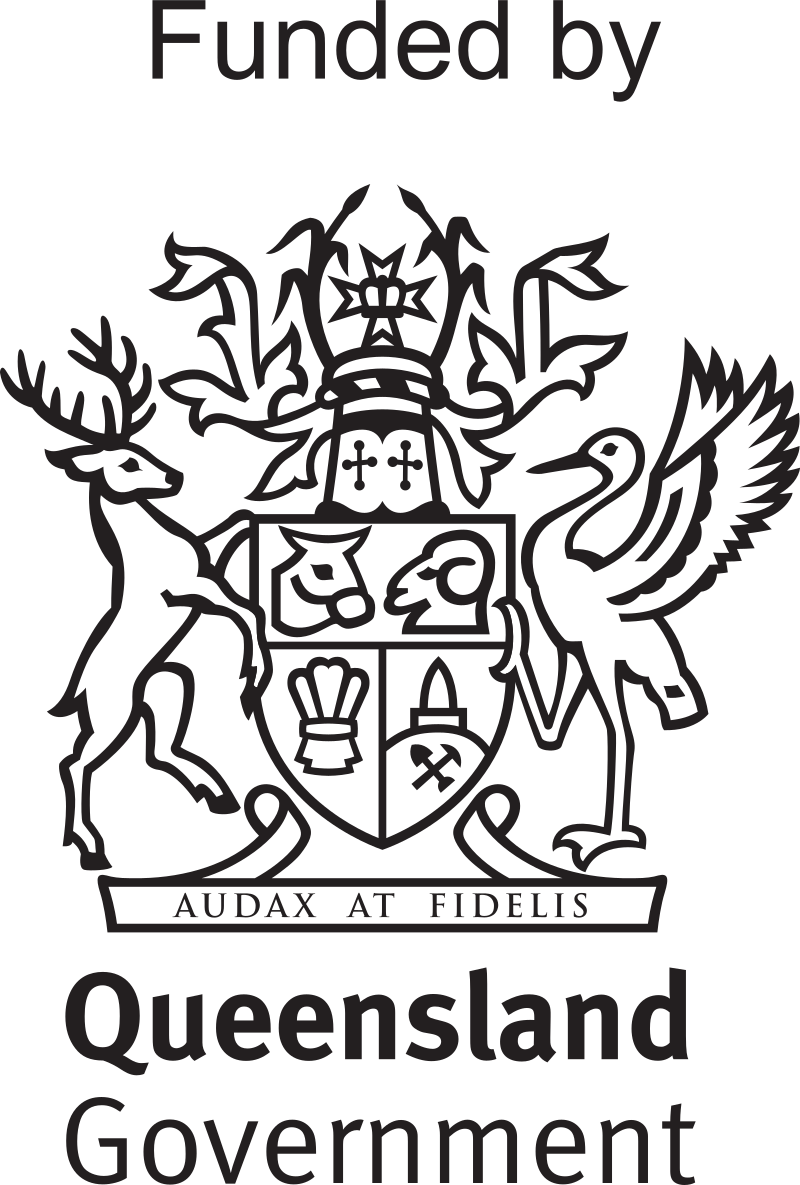SEMINARS
Creating Safe Space: Changing Communities to Support Survivors
PRESENTED BY: Professor Lori Sudderth, Quinnipiac University
Professor Lori Sudderth from Quinnipiac University presents ‘Creating Safe Space: Changing Communities to Support Survivors’ at the ‘New ways of working: Queensland Gendered Violence Practitioner Forum’ hosted by QCDFVR in Brisbane.
Professor Sudderth does research on policies and practices in response to violence against women in the U.S. and internationally. She is particularly interested in the role of formal and informal communities, and the challenges of providing services and safety to victims of gendered violence in different contexts, such as geographic isolation, migration, and extreme poverty.
To screen or not to screen
INTRODUCED BY: Dr Annabel Taylor
PRESENTED BY: Dr Kathleen Baird and Dr Deborah Walsh
PANEL MEMBERS: Renae Majcen and Lydia Mainey
“There has been much debate about the safe and effective identification in healthcare settings of women experiencing intimate partner violence. Some individuals, particularly in the USA, advocate asking all women consulting healthcare providers about partner violence (“universal screening” or “routine enquiry”), while others argue the case for a more selective approach on the basis of clinical and diagnostic considerations.” This event explores the perspectives of Queensland researchers and practitioners in the gendered violence field.
The Criminal Justice Response to Intimate Partner Violence: Limitations and Possibilities
PRESENTED BY: Professor Leigh Goodmark, Fulbright Senior Specialist, University of Maryland
Feminists fought hard for recognition that domestic violence was a crime and helped to conceive and build the criminal justice response that now dominates the worldwide discourse on addressing domestic violence. But the decision to rely so heavily on the legal system as the primary systemic response to domestic violence in the United States has not been a success and has had serious unintended consequences for the men and women that come into contact with that system. The legal system’s response essentializes people subjected to abuse, utilizes overly restrictive definitions of domestic violence, inappropriately relies on separation to protect people subjected to abuse and restricts the autonomy of people subjected to abuse through the use of mandatory policies. This talk discusses those problems and imagines a reconfigured legal response to domestic violence.


